Adults with ADHD Treatment
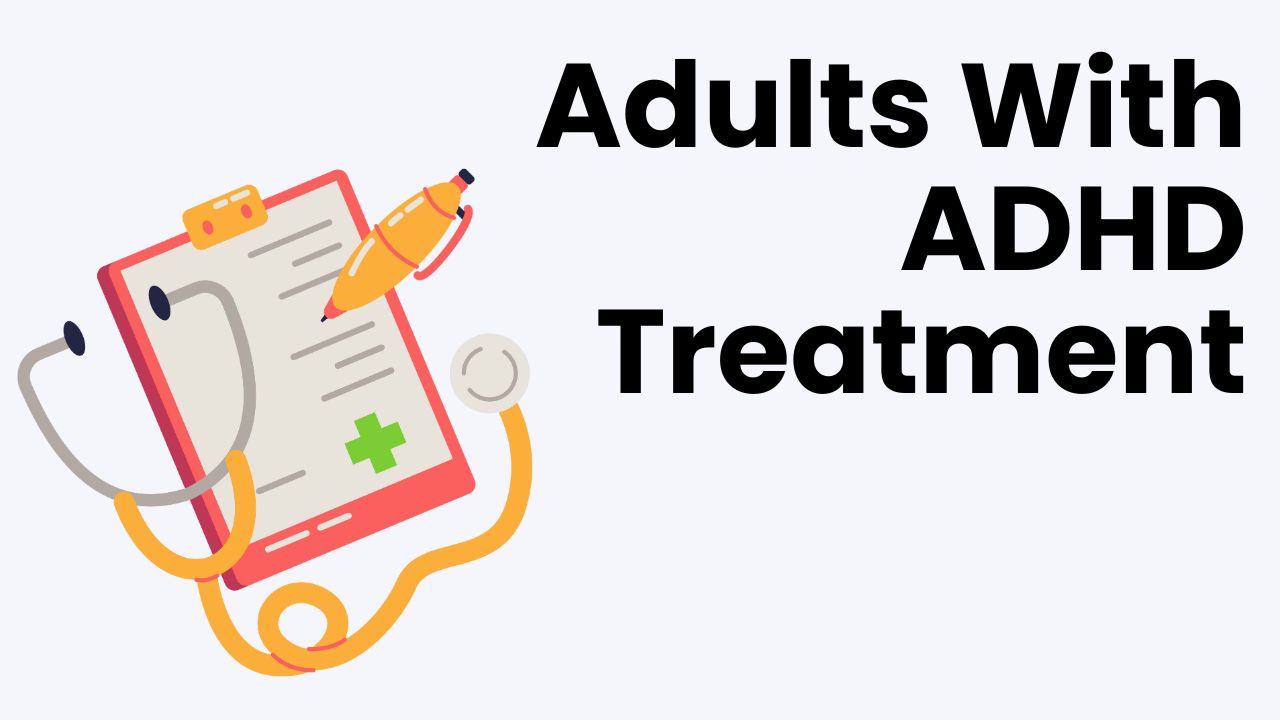
Attention Deficit Hyperactivity Disorder (ADHD) is a neurological condition that has long been associated with childhood, but its impact extends far beyond the formative years. In fact, a substantial number of adults continue to grapple with the challenges of ADHD, often undiagnosed or misunderstood. As an Oxford professor and expert in the health and supplement niche, I have dedicated my career to unraveling the complexities of adult ADHD and exploring the most effective treatment modalities.
According to the National Institute of Mental Health, an estimated 4.4% of American adults aged 18-44 live with ADHD, a figure that underscores the pressing need for greater awareness and understanding of this condition. Adult ADHD can profoundly impact various aspects of an individual's life, from professional endeavors and personal relationships to overall quality of life and well-being.
In this comprehensive guide, we will delve into the intricacies of adult ADHD, exploring its subtypes, the role of supplements and therapies, and the importance of a holistic approach to treatment. By shedding light on this often-misunderstood condition, we aim to empower individuals with the knowledge and tools necessary to unlock their full potential and lead fulfilling, productive lives.
Types of Adult ADHD
ADHD is a condition characterized by persistent patterns of inattention, hyperactivity, and impulsivity, but it's crucial to understand that its manifestations can evolve as individuals transition from childhood to adulthood. The three primary subtypes of adult ADHD are:
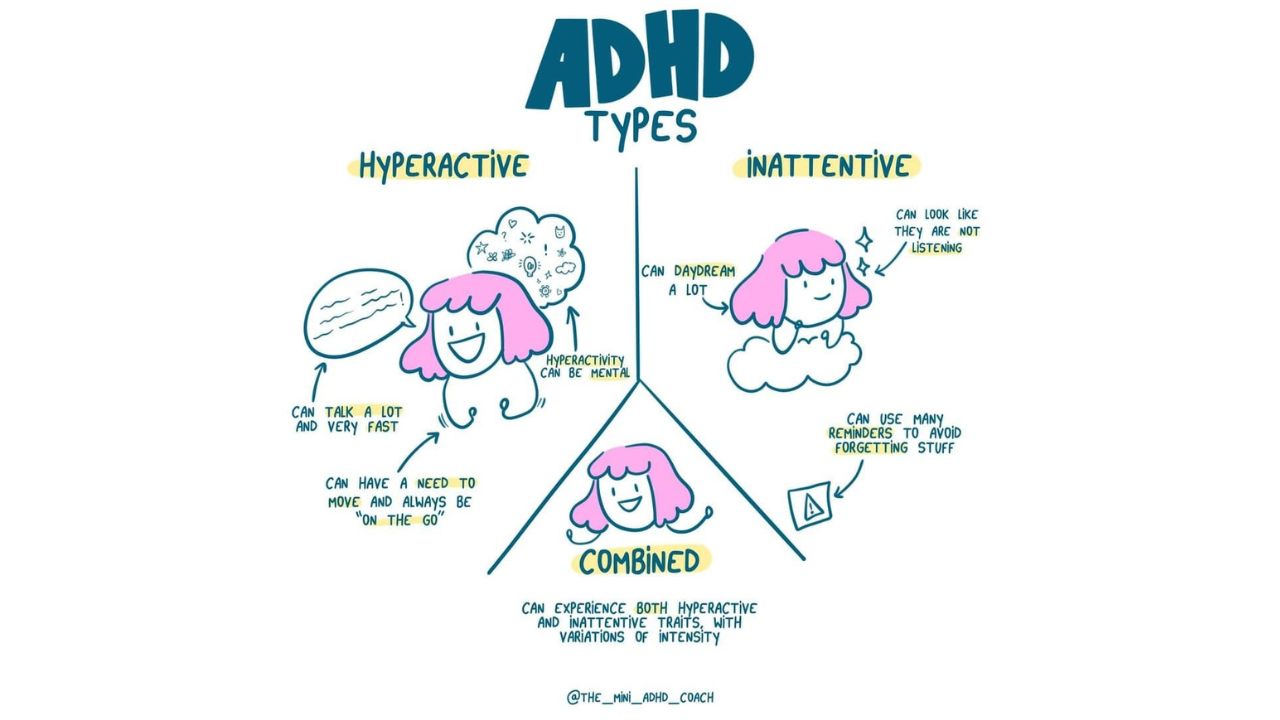
- Inattentive Type: Individuals with this subtype often struggle with maintaining focus, completing tasks, and organizing their daily lives. They may appear forgetful, easily distracted, and prone to misplacing items. Common challenges include difficulty following through on instructions, missing important details, and struggling with time management.
- Hyperactive-Impulsive Type: As the name suggests, this subtype is marked by excessive physical restlessness, fidgeting, and an inability to remain still for extended periods. Impulsive behavior, such as interrupting others, engaging in risky activities without considering consequences, and exhibiting impatience, is also a hallmark of this subtype.
- Combined Type: This subtype involves a combination of inattentive and hyperactive-impulsive symptoms, making it one of the most challenging forms of adult ADHD to manage. Individuals with this subtype may experience a wide range of symptoms, including difficulty focusing, restlessness, impulsivity, and disorganization.
It's important to note that while the core symptoms of ADHD may persist into adulthood, their manifestations often evolve and may become more internalized or subtle compared to childhood presentations. Additionally, many adults with ADHD develop coping mechanisms that can mask or compensate for their symptoms, making diagnosis and treatment more complex.
The Role of Supplements: SNAP Brain Formula
While medication is often a cornerstone of ADHD treatment, many adults seek natural alternatives or complementary therapies to help manage their symptoms. One promising area of research revolves around the use of supplements, with several compounds showing potential benefits for those with ADHD.
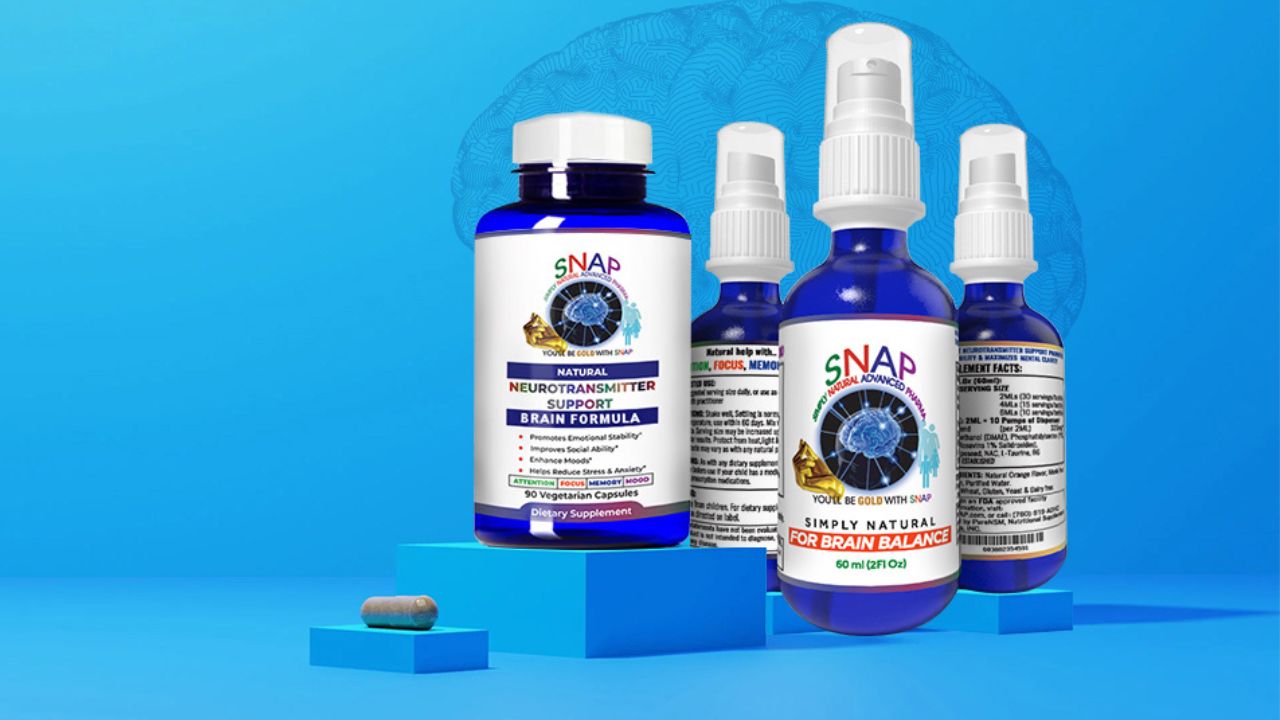
At the forefront of this research is the SNAP Brain Formula, a proprietary blend of natural ingredients specifically formulated to support cognitive function, focus, and overall brain health. This supplement combines the power of several key components:
- Omega-3 Fatty Acids: Numerous studies have suggested that individuals with ADHD may have lower levels of omega-3 fatty acids, which are essential for brain development and function. Supplementation with omega-3s, particularly EPA (eicosapentaenoic acid) and DHA (docosahexaenoic acid), has been linked to improvements in attention, impulse control, and hyperactivity.
- Zinc: This essential mineral plays a crucial role in regulating neurotransmitters involved in attention and focus, such as dopamine and norepinephrine. Research indicates that zinc supplementation may help alleviate symptoms of ADHD, particularly in those with deficiencies.
- Vitamin D: Low levels of vitamin D have been associated with an increased risk of ADHD and exacerbated symptoms. Supplementation with this vital nutrient may support cognitive function and reduce symptoms of inattention and hyperactivity.
- Green Tea Extract: Rich in compounds like L-theanine and caffeine, green tea extract has been shown to enhance focus, improve cognitive performance, and promote a sense of calm alertness. These properties make it a promising addition to an ADHD management regimen.
While supplements should never be viewed as a standalone treatment for ADHD, incorporating a high-quality formulation like the SNAP Brain Formula into a comprehensive management plan can potentially yield significant benefits. By supporting brain health and cognitive function, these natural compounds may help alleviate symptoms and enhance the effectiveness of other treatments.
It's essential to consult with a healthcare professional before starting any new supplement regimen, as they can provide guidance on dosages, potential interactions, and ensure that the supplements are appropriate for your specific needs.
The Power of Talk Therapy
In addition to supplements, talk therapy, or psychotherapy, can be an invaluable component of adult ADHD treatment. By working with a qualified therapist, individuals can develop strategies to better manage their symptoms, improve time management and organizational skills, and address any co-occurring mental health conditions that may exacerbate their ADHD.

Several types of therapy have shown promise in the treatment of adult ADHD, including:
Cognitive Behavioral Therapy (CBT): This widely-used form of therapy focuses on identifying and changing negative thought patterns and behaviors that contribute to ADHD-related challenges. Through CBT, adults can develop coping mechanisms, improve emotional regulation, and cultivate more productive habits.
Mindfulness-Based Therapies: Practices such as mindfulness meditation have been found to enhance focus, reduce impulsivity, and improve emotional awareness all of which can be particularly beneficial for those with ADHD. By cultivating present-moment awareness, individuals can learn to better manage their symptoms and respond more effectively to stressors.
Family Therapy: ADHD often impacts not just the individual but also their loved ones. Family therapy can help improve communication, foster understanding, and provide support systems for managing the condition as a unit. By involving partners, spouses, or other family members in the treatment process, individuals can gain valuable insights and create a more supportive home environment.
While talk therapy alone may not completely alleviate ADHD symptoms, it can be a powerful adjunct to other treatment modalities, empowering individuals to develop the skills and resilience necessary to navigate the unique challenges of adult ADHD.
The Role of ADHD Coaching
In recent years, the concept of ADHD coaching has gained traction as a complementary approach to managing the condition in adults. Unlike traditional therapists, ADHD coaches are specifically trained to help individuals develop practical strategies and skills to overcome the organizational, time management, and productivity hurdles often associated with ADHD.

An ADHD coach can assist with tasks such as:
Developing Routines and Systems: By creating personalized routines and organizational systems, coaches can help adults with ADHD establish structure and predictability in their daily lives, reducing the cognitive load and improving overall efficiency.
Setting and Achieving Goals: ADHD coaches provide accountability and support in setting realistic goals and breaking them down into actionable steps. They can help identify potential obstacles and develop strategies to overcome them, increasing the likelihood of success.
Improving Time Management and Prioritization: One of the most significant challenges for adults with ADHD is effective time management and task prioritization. Coaches can offer techniques and tools to help individuals better allocate their time and focus on the most important tasks.
Cultivating Better Study Habits or Work-Life Balance: Whether it's enhancing study habits for students or achieving a healthier work-life balance for professionals, ADHD coaches can provide guidance and support tailored to the individual's unique needs and goals.
Identifying and Leveraging Personal Strengths: Rather than solely focusing on deficits, ADHD coaches help individuals identify and leverage their personal strengths and talents, fostering a more positive and empowering approach to managing the condition.
While coaching is not a substitute for medical or therapeutic interventions, it can provide invaluable guidance and support in translating strategies into actionable steps, ultimately enabling adults with ADHD to lead more productive and fulfilling lives.
Comprehensive Treatment Approach
Effective treatment for adult ADHD often involves a multifaceted approach combining several modalities. While the specific treatment plan will vary depending on the individual's unique needs and symptoms, common components may include:

Medication (continued): These medications work by increasing the availability of neurotransmitters like dopamine and norepinephrine in the brain, which are involved in regulating attention and impulse control. Non-stimulant options, such as atomoxetine (Strattera) and alpha-2 agonists like guanfacine (Intuniv) and clonidine (Kapvay), may also be recommended in some cases, particularly when stimulant medications are not well-tolerated or present contraindications.
Psychotherapy: As discussed earlier, talk therapy can be an invaluable tool for developing coping strategies, improving emotional regulation, and addressing any co-occurring mental health conditions that may exacerbate ADHD symptoms. Cognitive Behavioral Therapy (CBT), mindfulness-based therapies, and family therapy are among the most commonly utilized approaches.
ADHD Coaching: Working with a trained ADHD coach can provide practical guidance and support in areas like time management, goal-setting, and organizational skills, enabling adults to better navigate the challenges of daily life with ADHD.
Supplements: While not a substitute for medical treatment, incorporating high-quality supplements like the SNAP Brain Formula into a comprehensive management plan can potentially support cognitive function, focus, and overall brain health.
Lifestyle Modifications: Simple lifestyle changes can often have a profound impact on managing ADHD symptoms. Establishing regular sleep routines, incorporating physical exercise, practicing mindfulness techniques, and maintaining a balanced diet rich in essential nutrients can all contribute to better symptom management and overall well-being.
It's crucial to work closely with healthcare professionals, therapists, and coaches to develop a personalized treatment plan that addresses your unique needs and goals. Regular monitoring and adjustments may be necessary as you navigate the journey of managing adult ADHD.
Living With Adult ADHD: Strategies for Success
While ADHD can undoubtedly present challenges in daily life, it's important to remember that with proper management and support, adults with the condition can lead fulfilling and successful lives. Here are some strategies for thriving with adult ADHD:
Embrace Your Strengths
ADHD often comes with unique strengths, such as creativity, hyperfocus, and the ability to think outside the box. Identify and leverage these strengths to your advantage in both personal and professional settings. By focusing on your abilities rather than perceived deficits, you can cultivate a more positive self-image and approach challenges with greater confidence.
Build a Support System
Surround yourself with understanding friends, family members, and professionals who can provide encouragement, accountability, and practical support when needed. Having a strong support network can make a significant difference in managing the day-to-day challenges of adult ADHD.
Prioritize Self-Care
Practicing regular self-care activities, such as exercise, mindfulness meditation, and getting enough sleep, can help manage stress levels and improve overall well-being, both of which are crucial for managing ADHD symptoms. When you prioritize your physical and mental health, you'll be better equipped to tackle the demands of daily life.

Create Structure and Routines
Establishing consistent routines and structure in your daily life can help compensate for the organizational and time management challenges often associated with ADHD. By creating predictable patterns and systems, you can reduce the cognitive load and increase your overall productivity and efficiency.
Leverage Technology
Utilize productivity apps, reminders, and other technological tools to help you stay on track with tasks, appointments, and overall organization. With the vast array of available resources, you can find solutions tailored to your specific needs and preferences.
Seek Educational and Workplace Accommodations
Depending on the severity of your ADHD symptoms, you may be eligible for accommodations in educational or professional settings. These can include extended time on tests, a quiet workspace, or access to assistive technology. Don't be afraid to advocate for yourself and take advantage of the resources available to help level the playing field.
Practice Patience and Self-Compassion
Managing adult ADHD is an ongoing journey, and setbacks or challenges are inevitable. Be kind to yourself and celebrate small victories along the way. Remember that progress is rarely linear, and embracing a growth mindset can help you navigate the ups and downs with greater resilience.
Prevention and Early Intervention
While ADHD is a neurobiological condition with genetic and environmental factors contributing to its development, there are certain steps that may help reduce the risk or mitigate the severity of symptoms in adulthood.
Early Intervention
Identifying and addressing ADHD symptoms in childhood can help provide the necessary support and coping strategies from an early age, potentially minimizing the long-term impact of the condition. Early intervention can also help prevent the development of secondary issues, such as low self-esteem or academic underachievement.
Prenatal Care
Maintaining a healthy lifestyle during pregnancy, including proper nutrition, exercise, and avoiding exposure to toxins or substances, can support optimal brain development in the fetus. Prenatal care is crucial for reducing potential risk factors associated with ADHD.
Stress Management
Chronic stress has been linked to an increased risk of ADHD and can exacerbate existing symptoms. Incorporating stress-reducing practices, such as meditation, yoga, or counseling, may be beneficial not only for managing ADHD but also for overall well-being.
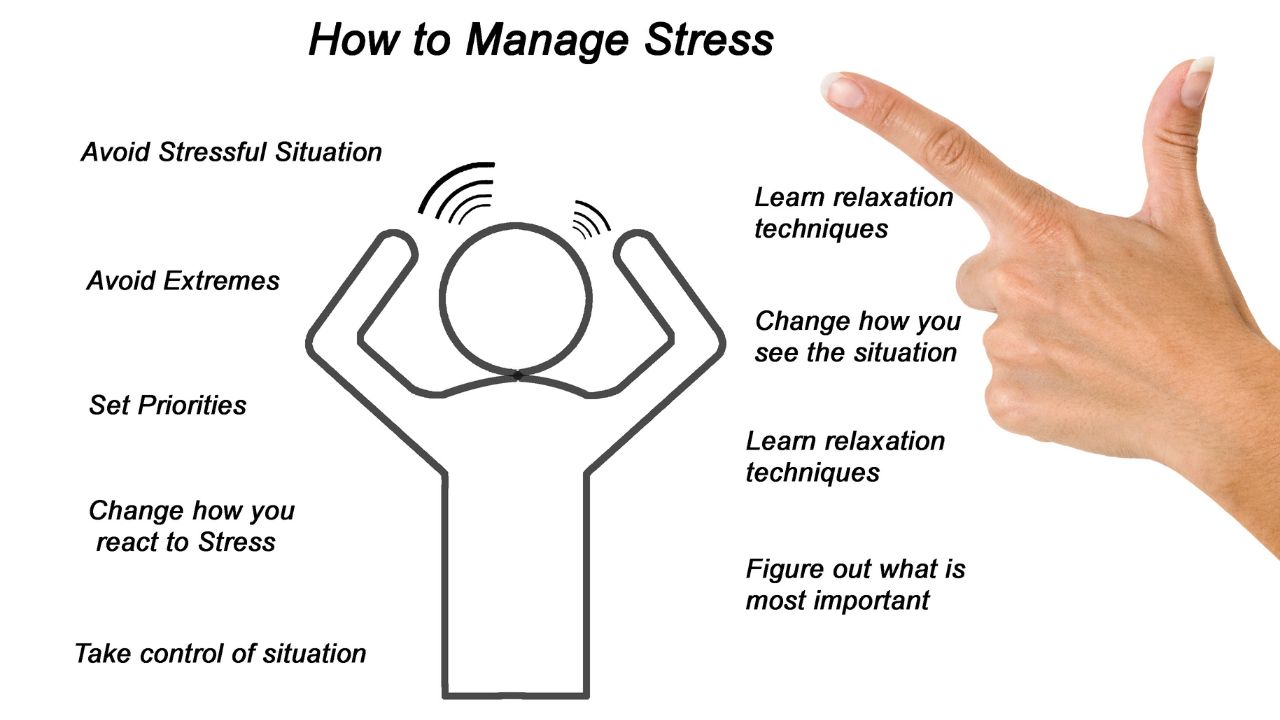
Nutrition and Exercise
A well-balanced diet rich in essential nutrients and regular physical activity can support overall brain health and potentially reduce the severity of ADHD symptoms. Maintaining a healthy lifestyle can have a positive impact on cognitive function and emotional regulation.
Mental Stimulation
Engaging in mentally stimulating activities, such as reading, puzzles, or learning new skills, can help promote cognitive development and neuroplasticity, potentially mitigating the effects of ADHD. Continuous learning and cognitive engagement can help strengthen the brain's ability to adapt and compensate for ADHD-related challenges.
While prevention strategies are not a guarantee, they can play a role in supporting brain health and potentially reducing the risk or impact of adult ADHD when combined with appropriate medical treatment and management strategies.
Conclusion
Adult ADHD is a complex and often misunderstood condition that can profoundly impact various aspects of an individual's life. However, with the right combination of treatments, support systems, and lifestyle modifications, it is possible to manage symptoms effectively and lead a fulfilling and productive life.
I cannot stress enough the importance of a comprehensive approach to adult ADHD treatment. While medication and therapy are often cornerstones of management, incorporating complementary modalities such as high-quality supplements like the SNAP Brain Formula, ADHD coaching, and lifestyle interventions can provide a holistic and personalized approach to addressing the unique challenges of adult ADHD.
Remember, living with ADHD is a journey, and setbacks or challenges are inevitable. Embrace your strengths, cultivate a supportive network, and practice self-compassion along the way. With the right tools and mindset, you can overcome the obstacles posed by adult ADHD and unlock your full potential.
If you or a loved one is struggling with adult ADHD, I encourage you to seek professional guidance and explore the various treatment options available. Together, we can destigmatize this condition and empower individuals to thrive, both personally and professionally.
Take Charge of
Your Brain Health Today!
Shop Now!
Similar Articles:
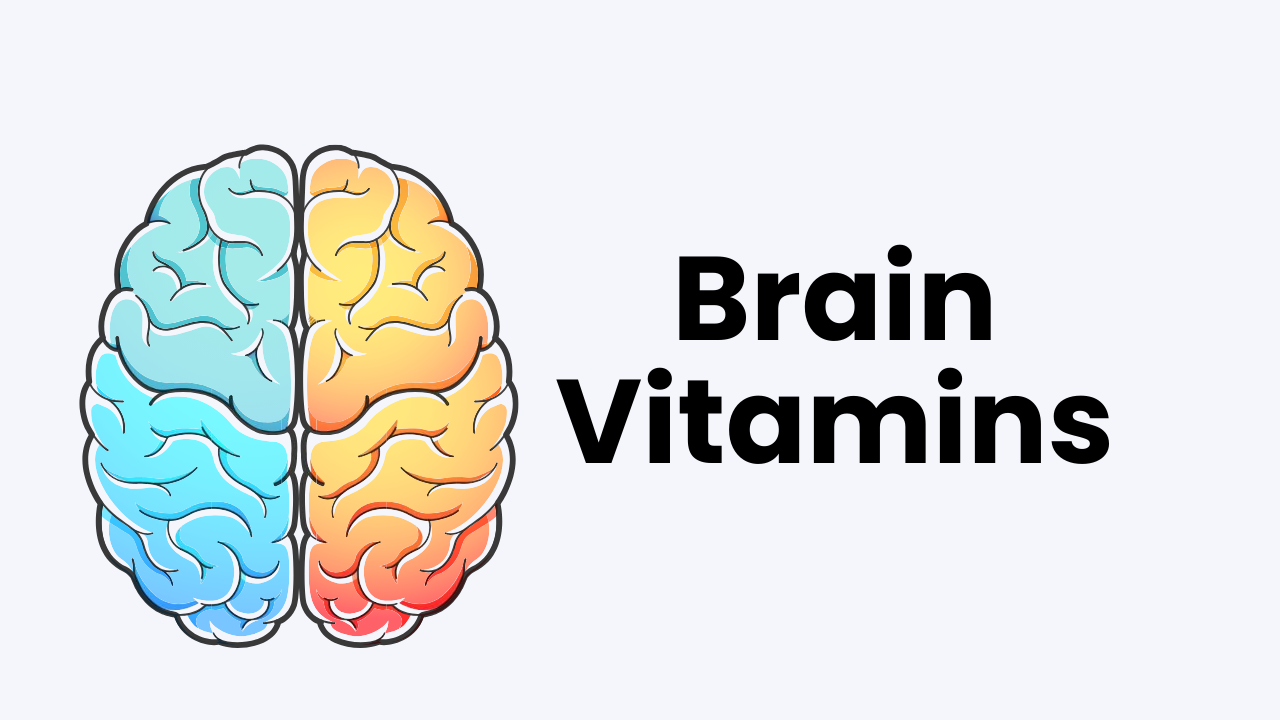
Brain Vitamins
We explore the world of brain vitamins - what they are, why they are important, the benefits they provide...
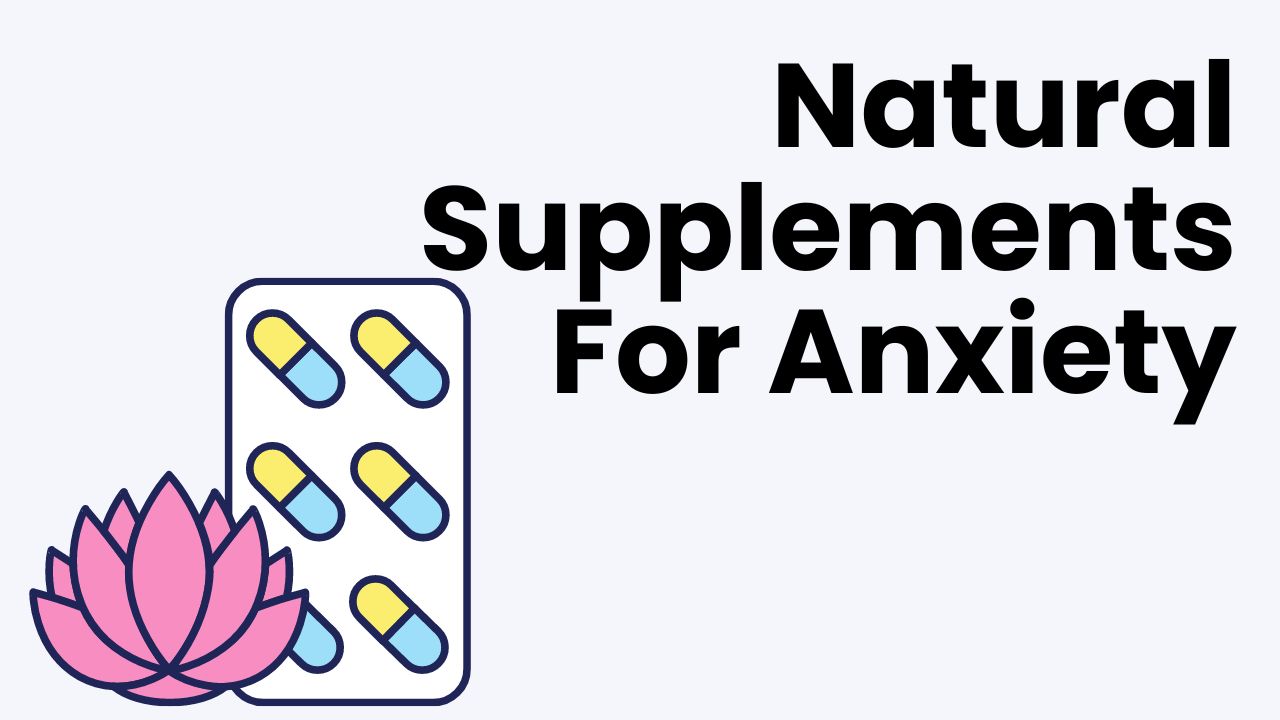
Natural Supplements For Anxiety
nxiety is a common mental health issue that affects millions of people worldwide. It can be characterized...
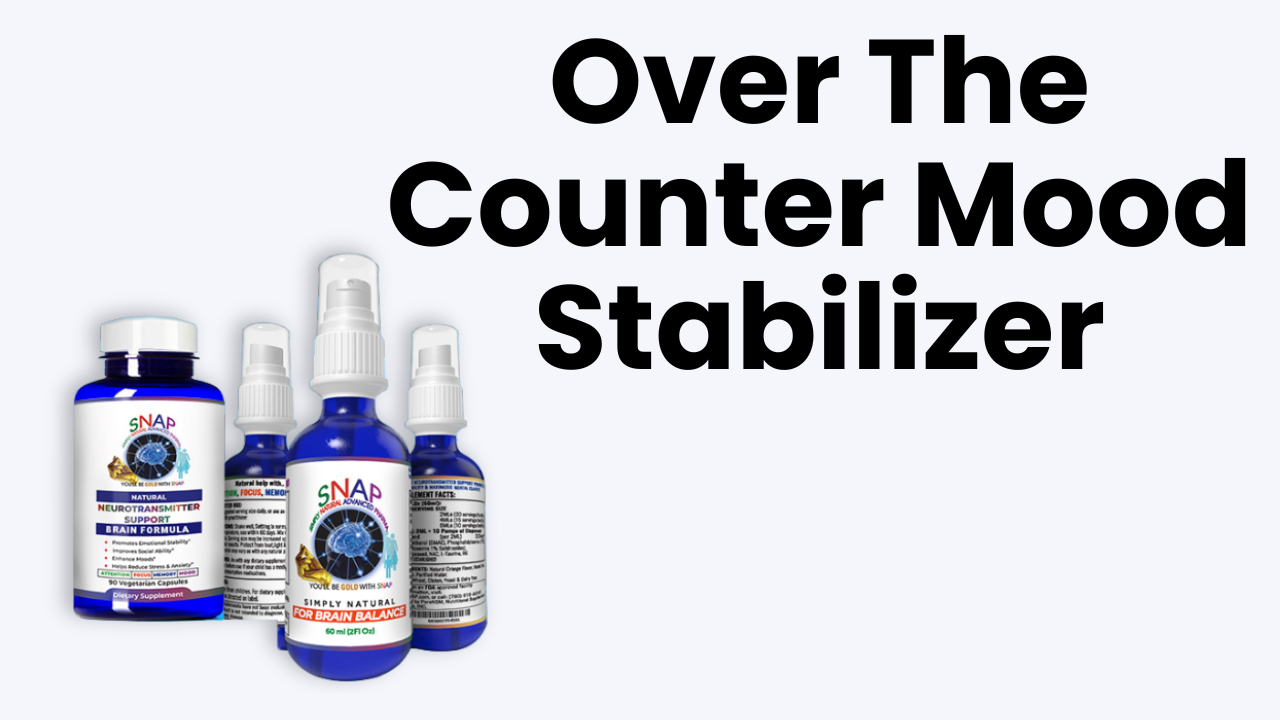
Over the Counter Mood Stabilizer
In the fast-paced, ever-evolving landscape of modern society, the prevalence of neurological and behavioral...